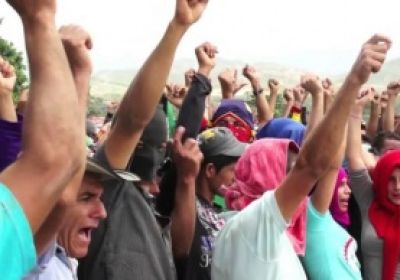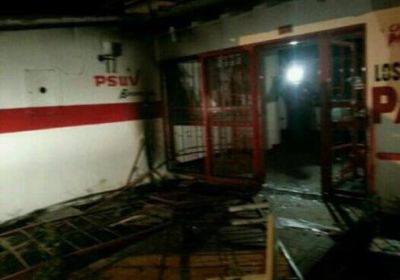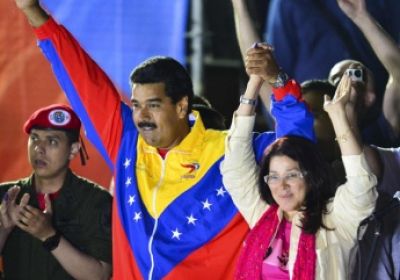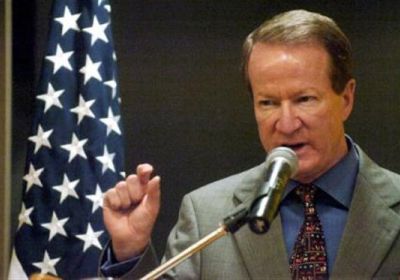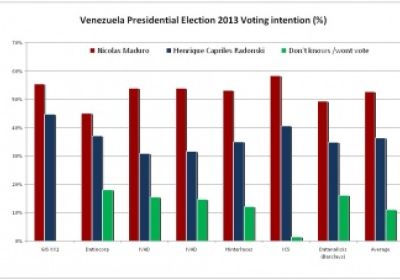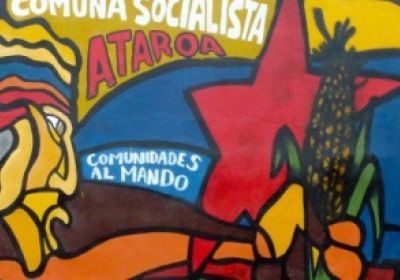
In a national census held over September 7 and 8, 1150 communes registered in a national census, exceeding expectations.
The communes are forms of “popular power” in Venezuela that unite representatives of local communal councils across a regional area. Community councils in Venezuela are grassroots bodies where local residents manage public funds and undertake projects promoting community development.
Communes, meanwhile, are formed by groups of community councils, and can take on larger scale projects and public works.

